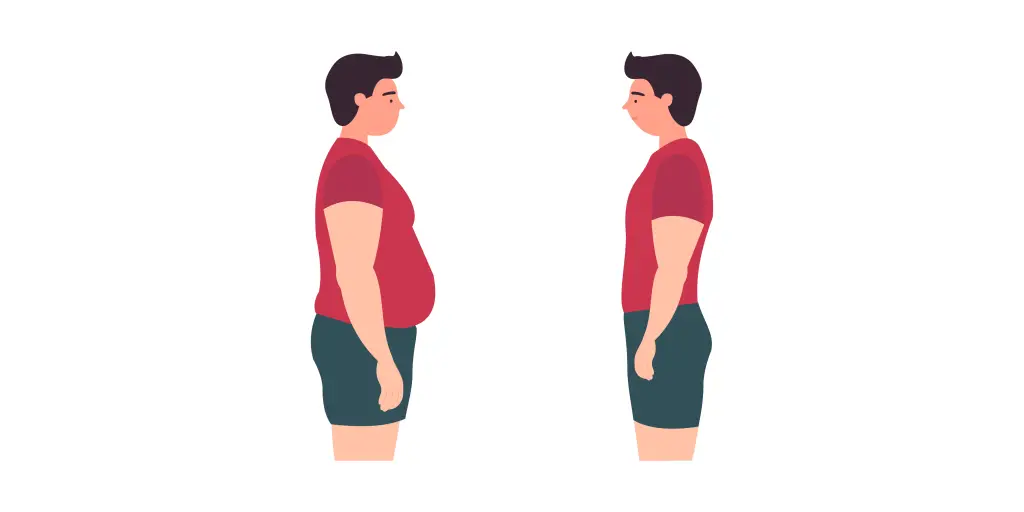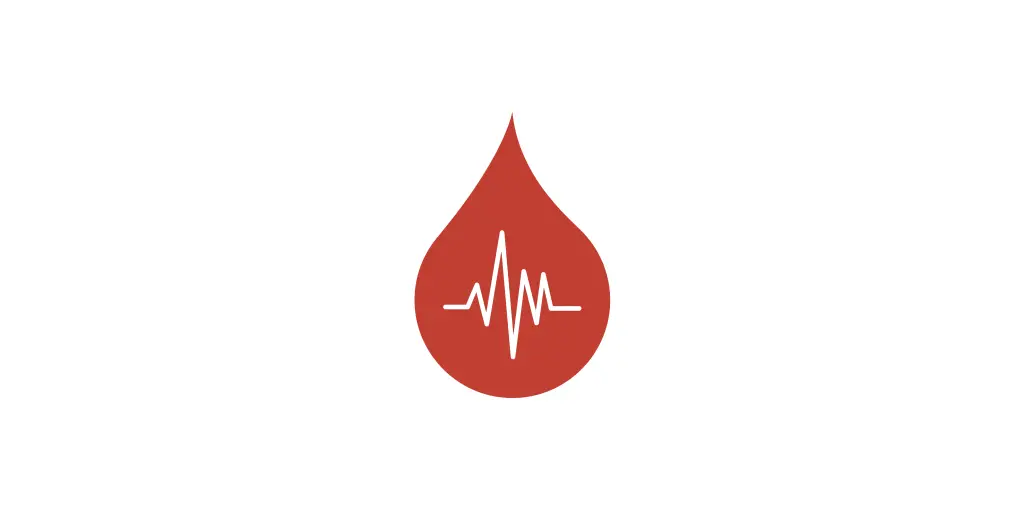Table of Contents
The keto diet, also known as keto or keto, has become a hot topic in the world of dietary lifestyles. It has caught the attention of people who are looking for a new way to lose weight and improve their overall health. The keto diet is based on manipulating macronutrients and is a low-carb, high-fat, low-carbohydrate diet. It has been praised and criticized at the same time. Let’s take a look at what the keto diet is, its benefits, and what to consider when adopting this unique approach to nutrition.
Fundamentals of the Keto Diet
A keto diet restricts carbohydrates (less than 50 grams per day) by forcing the body into a metabolic state known as ketosis. In this state, the body burns fat for energy instead of its normal source of glucose.
To reach ketosis, a keto diet drastically changes the way it consumes macronutrients. Instead of focusing on carbohydrates, the keto diet emphasizes fat (70% to 75% of calories), protein (20% to 25%), and carbohydrates (5% to 10%). This is in contrast to traditional dietary recommendations, which focus on a more balanced diet with a higher carbohydrate percentage.
Benefits
Weight Loss and Fat Burning

The keto diet works by encouraging fat-burning in two ways. First, by converting the body’s primary energy source to fat via ketosis, the keto diet encourages the use of stored fat as energy. Second, many people experience reduced appetite on the keto diet, which leads to lower overall calorie intake and helps with weight loss. This is different from other diets that don’t target fat stores directly or prioritize appetite control.
Improved Blood Sugar Control

A keto diet’s low-carb intake can be beneficial for people with blood sugar problems. By limiting carbohydrates, which are the main cause of spikes in blood sugar, the ketogenic diet can help keep blood sugar levels stable. This is especially beneficial for people with insulin resistance (a condition that is common in prediabetes, as well as type 2 diabetes), as it allows your body to use insulin more efficiently.
Some studies suggest that the ketogenic diet may even help manage and reverse type 2 diabetes through improved glycemic control. This adds another layer of benefit for people struggling with this long-term condition.
Enhanced Mental Clarity and Focus

In addition to weight loss, the keto diet has been linked to cognitive benefits. When your body goes into ketosis, your brain starts to use ketones as a new source of energy that your brain can use effectively. This can improve your cognitive function and improve your mental clarity, which can help improve focus and reduce brain fog. Ketones also have neuroprotective properties, and some studies suggest that the keto diet could be beneficial for people with neurological conditions such as epilepsy and Alzheimer’s disease, though further research is needed to confirm these claims.
Reduced Inflammation

The keto diet may also have anti-inflammatory properties in addition to its weight and blood sugar effects. This is because the keto diet reduces the number of inflammatory markers observed with reduced carbohydrate intake.
Chronic inflammation plays a role in a variety of health conditions. The anti-inflammatory effects of the keto diet warrant further investigation to understand its potential role in the treatment of conditions such as arthritis or autoimmune disorders.
Keep in mind that research on the keto diet’s anti-inflammatory properties is still in its early stages. Therefore, it is important to consult a healthcare professional before using the keto diet to treat any particular medical condition.
Increased Energy and Endurance

The keto diet could also be beneficial for endurance athletes by increasing the efficiency of fat for energy use. This could result in more consistent energy levels over time, as opposed to the swings seen with high-carbohydrate diets.
The keto diet has also been associated with an increase in mitochondrial function, the energy-producing cells in the body. This suggests an increase in cellular energy efficiency, though further research is needed to support these findings on athletic performance.
Potential for Cardiovascular Health

While there were initial worries about the keto diet’s impact on heart health, there are some studies that suggest the keto diet may have a positive impact on lipid profiles. The keto diet may improve HDL (good) cholesterol levels and reduce triglycerides. The weight loss often seen on keto diets can also have a positive effect on cardiovascular health, particularly for people struggling with obesity.
However, research on the long-term effects of the keto diet on cardiovascular health is still ongoing, so it’s important to consult a healthcare professional before considering the keto diet for certain health conditions.
Drawbacks
Nutrient Deficiency and Limited Food Choices

The ketogenic diet has some downsides as well. Restrictions on certain foods, particularly fruits and certain vegetables, may increase your risk of vitamin and mineral deficiencies. The limited food options can also lead to a lack of variety, which can make eating more boring and less enjoyable, and can make it harder to stick to the diet for long periods. All of these potential downsides make it important to consult a healthcare professional, and maybe even a Registered Dietitian, if you choose to go keto, to make sure you’re following it safely and getting the right nutritional support.
Keto Flu and Initial Side Effects

It can be difficult to begin the keto diet. The first stage of the keto diet is known as the “keto flu” and includes unpleasant side effects such as headaches, fatigue, irritability, etc. This can discourage some people from continuing on the diet.
The keto diet can also cause electrolyte imbalance, especially at the start of the diet. This can lead to muscle cramping, dizziness, irregular heartbeats, etc. These issues highlight the need to consult a healthcare professional before beginning the keto diet, and to ensure proper electrolyte balance during the keto diet process.
Digestive Issues

The keto diet’s restrictions on fiber also affect digestive health. Eating fewer fiber-rich foods, such as whole grains and some fruits, can cause constipation. The keto diet may also change the composition of your gut bacteria, which can affect your overall digestive health. The long-term effects of these changes are still being studied, but it’s important to know about them, especially for people who already have digestive problems.
Sustainability Challenges

Many people find it difficult to stick to a keto diet for long periods. The restrictive nature of the diet and the lack of variety can make it difficult to resist the lure of carbohydrates, which can lead to slip-ups in the diet. The keto diet can also have social and lifestyle consequences, such as making it difficult to participate in communal meals, which can hurt an individual’s well-being. Therefore, it’s important to weigh the pros and cons and consult with a healthcare professional before starting a keto diet to see if it fits your needs and lifestyle.
Potential Negative Impact on Athletic Performance

The keto diet’s effect on athletic performance is multifaceted and highly individualized. For example, while the keto diet may improve fat utilization in endurance athletes, the decreased glycogen stores can impede performance during high-intensity workouts. Furthermore, the impact of the keto diet on athletic performance can vary greatly from person to person. Therefore, the keto diet is not suitable for all athletes with different training needs.
If you’re an athlete thinking about trying the keto diet, it’s important to consult with your healthcare provider and sports nutritionist to tailor your approach and determine if it’s right for your training goals and needs.
Conclusion
The Keto diet is a challenging yet fascinating journey into the world of nutrition. Some people love it, and they lose weight, gain clarity in their minds, and experience other health benefits. Others struggle with sustainability, nutrient choices, and lifestyle impacts. Like any dietary decision, it’s important to start with a clear understanding of the ketogenic diet, its principles, its benefits, and its considerations. Working with a healthcare professional or nutrition specialist can help you align your keto journey with your health goals and well-being.
Also Read: 9 Benefits Of Moringa: The Green Superfood
Quick Answers
Is the keto diet suitable for everyone?
While the keto diet can be beneficial for some individuals, it may not be suitable for everyone. Individuals with certain medical conditions or dietary restrictions should consult with a healthcare professional before embarking on a ketogenic lifestyle.
How long does it take to enter ketosis on the keto diet?
The time it takes to enter ketosis can vary depending on individual factors such as metabolism, activity level, and carbohydrate intake. In general, it may take anywhere from two to seven days of strict carbohydrate restriction to achieve ketosis.
Are there any potential side effects of the keto diet?
Some individuals may experience temporary side effects when transitioning to the keto diet, commonly known as the “keto flu.” Symptoms may include fatigue, headache, nausea, and dizziness. These side effects typically subside within a few days to a week as the body adapts to ketosis.
Can I still enjoy my favorite foods on the keto diet?
While the keto diet restricts certain high-carb foods, there are plenty of delicious and satisfying keto-friendly alternatives available. With a bit of creativity and recipe modification, you can still enjoy many of your favorite foods while following a ketogenic eating plan.
Is exercise recommended on the keto diet?
Exercise can complement the keto diet by supporting weight loss, improving metabolic health, and enhancing overall well-being. Incorporate a combination of cardiovascular exercise, strength training, and flexibility exercises into your routine for optimal results.
How can I maintain muscle mass on the keto diet?
To preserve muscle mass on the keto diet, focus on consuming an adequate amount of protein from sources such as meat, poultry, fish, eggs, and tofu. Incorporate strength training exercises into your fitness routine to stimulate muscle growth and maintenance.






